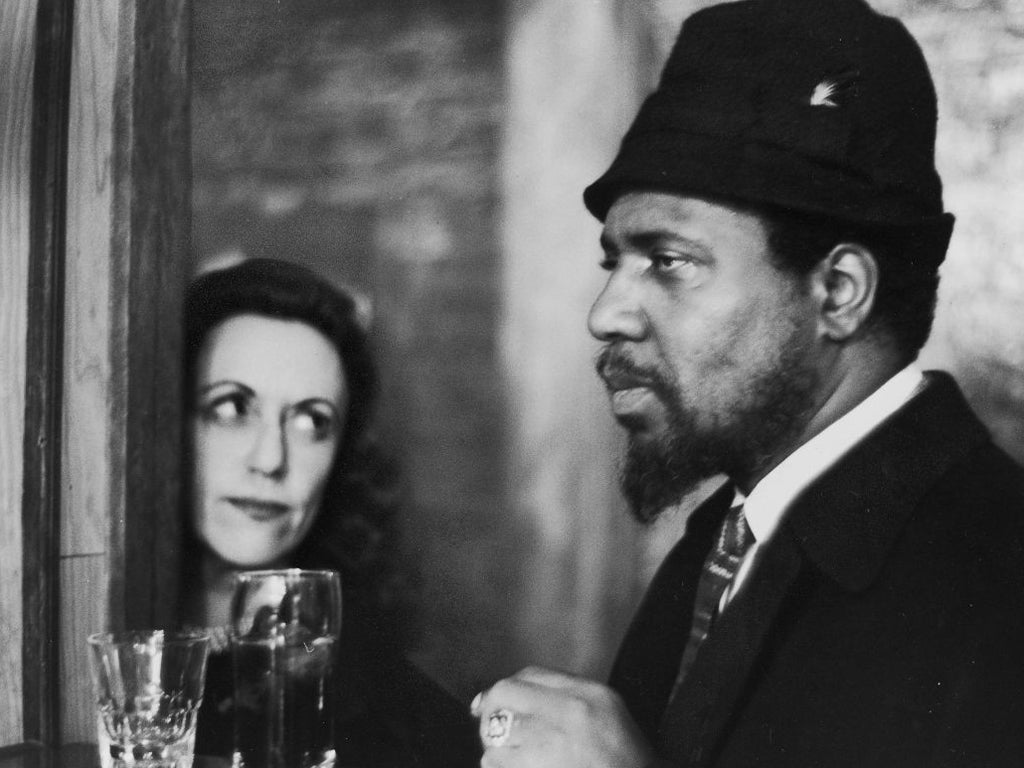The Baroness: The Search for Nica, the Rebellious Rothschild, By Hannah Rothschild
A tantalising portrait of a British society beauty who became the ‘crazy friend’ of Thelonious Monk

Your support helps us to tell the story
From reproductive rights to climate change to Big Tech, The Independent is on the ground when the story is developing. Whether it's investigating the financials of Elon Musk's pro-Trump PAC or producing our latest documentary, 'The A Word', which shines a light on the American women fighting for reproductive rights, we know how important it is to parse out the facts from the messaging.
At such a critical moment in US history, we need reporters on the ground. Your donation allows us to keep sending journalists to speak to both sides of the story.
The Independent is trusted by Americans across the entire political spectrum. And unlike many other quality news outlets, we choose not to lock Americans out of our reporting and analysis with paywalls. We believe quality journalism should be available to everyone, paid for by those who can afford it.
Your support makes all the difference.One of the most engaging jazz books of recent years was Three Wishes, a collection of after-hours snapshots of musicians taken by the bebop-obsessed Baroness Pannonica de Koenigswarter, an aristocratic Brit who became an unlikely muse in New York's jazz clubs. Some of the photos are slightly out-of-focus, some smudged or damaged, yet their informality gives a rare glimpse of life away from the bandstand. Alongside are responses to the Baroness's question: "If you were given three wishes, to be instantly granted, what would they be?" .
The responses run all the way from the mystical to the downright earthy. Miles Davis's only answer is "To be white!" Pianist Sonny Clark bluntly asks for "all the bitches in the world", while Nica's soul-mate, the enigmatic Thelonious Monk, concludes with a typically gnomic request: "To have a crazy friend like you!"
A former society beauty who died in 1988, the Baroness is an ageing, almost ghostly presence in those pages. She remains an elusive figure, too, in this intriguing biography, a detective story of sorts pieced together by her great-niece, the documentary film-maker Hannah Rothschild. Ultimately, some critical questions are left unanswered. Was Nica an upper-class groupie, as some of her enemies contended? Was she Monk's lover, or a disinterested lover of music? Was she a drug user, or did she simply help Monk cope with mental instability aggravated by his own use of narcotics?
Even if she does not supply definitive answers, Rothschild sketches a tantalising portrait of an heiress who turned her back on a cloistered life in Europe and pursued an often chaotic, nocturnal existence on the other side of the Atlantic. Rothschild's' narrative cleverly shifts focus, weaving a brisk account of the dynasty's ascent from the Frankfurt ghetto and her own attempts to come to terms with family tradition.
Born in 1913, Nica was named after a tiny but beautiful moth. After marriage to a mining expert-cum-diplomat, Baron Jules de Koenigwarter, she had five children, before the relationship soured. In the aftermath of the Second World War , she cast off her responsibilities and embarked on a new life in Manhattan's jazz demi-monde.
Rothschild captures the era well, despite a few slips. It's something of a stretch, surely, to describe Miles Davis as "Monk's protégé", and there's a curious reference to the apolitical Monk's lack of interest in joining the "Brothers of Islam" – presumably a reference to the Nation of Islam.
After falling under the spell of Monk's classic ballad "Round Midnight", she tracked down the reclusive pianist, eventually assuming a curious role of consort, roadie and nurse alongside his long-suffering wife, Nellie. As a well-to-do white woman in a black world, she attracted suspicion from both sides. The police seldom missed an opportunity to make her life difficult, and after the drug-ravaged Charlie Parker died at her apartment in the Stanhope Hotel, she attracted no end of spiteful newspaper gossip.
By the time she passed away in 1988, Nica was something of an institution. Even so, there's no escaping the melancholy flavour of her final decade-and-a-half with Monk, who declined into a reclusive, trance-like state before his own death in 1982. Surrounded by her hundreds of cats in a home known as "Catville", Nica continued to frequent favourite haunts in her fur coat and pearls. The music she loved had lost much of its freshness by then, but her life continued as if the Fifties were still in full swing.
Join our commenting forum
Join thought-provoking conversations, follow other Independent readers and see their replies
Comments